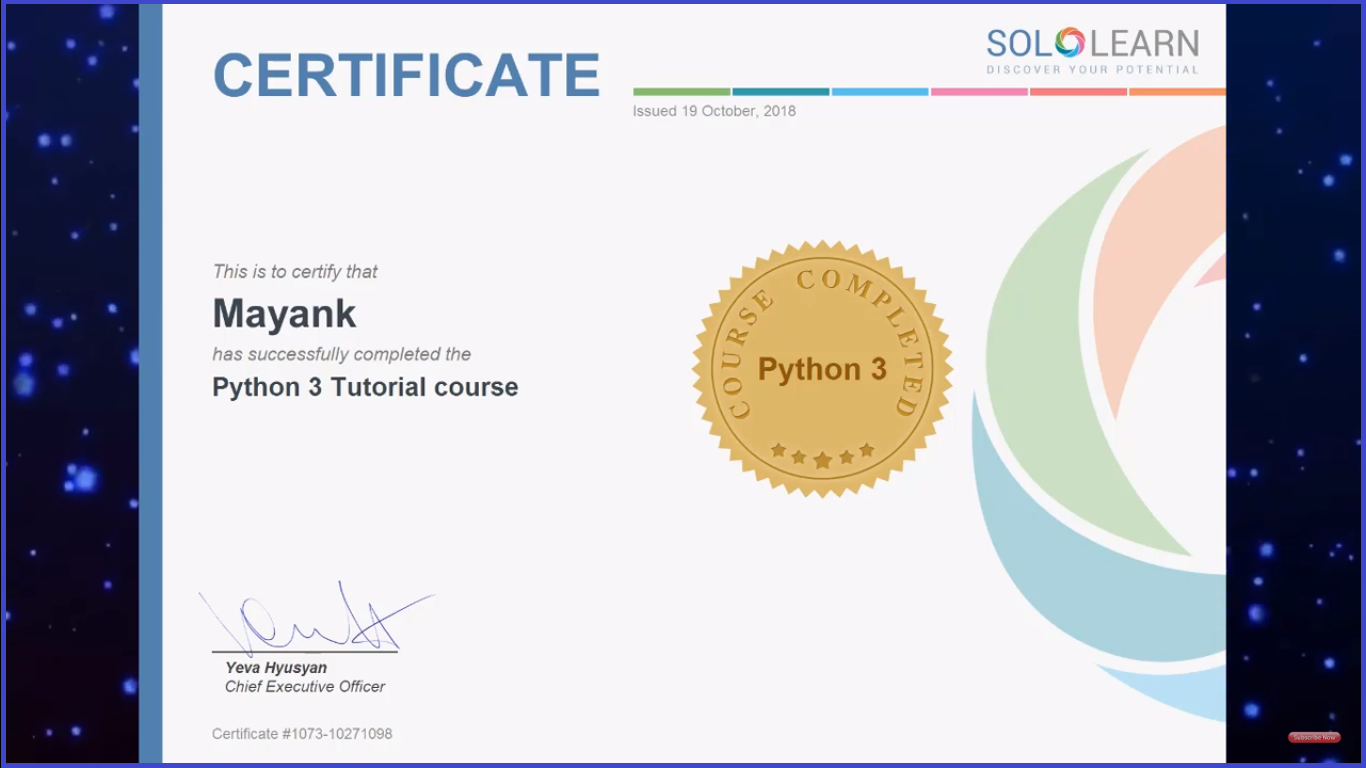If It Fails To seek out It
페이지 정보

본문
It additionally includes any submodules of the bundle that have been explicitly loaded by previous import statements. The truth is, this is the really helpful notation unless the importing module needs to use submodules with the same name from different packages. When packages are structured into subpackages (as with the sound bundle in the instance), you should use absolute imports to check with submodules of siblings packages. For example, if the module sound.filters.vocoder wants to make use of the echo module in the sound.effects bundle, it could use from sound.effects import echo. You may as well write relative imports, with the from module import name type of import assertion. These imports use leading dots to indicate the current and father or mother packages concerned within the relative import. Notice that relative imports are based on the identify of the present module. Python application should all the time use absolute imports. This variable could be modified; doing so impacts future searches for modules and subpackages contained in the package deal.

These key phrases are employed, among different things, in management circulate statements, loops, and functions. Python uses symbols referred to as operators to carry out operations on knowledge. " operator. A quantity of various operators can be found in Python, including arithmetic, comparability, logical, task, and bitwise operators. Expressions are made by placing together values, variables, and operators. Expressions can then be evaluated to get a end result. Statements are directives that instruct Python to carry out a selected action. Primary Syntax and Hi there World! On this tutorial we will attempt to understand the syntax of python programming. Though, syntax is something that you will understand as you will see increasingly applications and examples, but there are some things that you must know earlier than hand. Python is case delicate. Why it issues: Correctly dealt with exceptions contribute to clean and readable code. Finest observe: Concentrate on clarity and specificity when dealing with different types of exceptions. Why it issues: Exception dealing with aids in debugging by pinpointing the source of errors. Finest observe: Log relevant information during exception handling for effective debugging.
In the examples above we simply use a print statement, however something is feasible. ] and searches for "the USA" within the list. ] and checks whether every quantity is constructive or unfavourable. As we noticed in an earlier instance we can use loops with Python’s built-in range() function to state exactly how many occasions we would like the loop to iterate. We can use a loop inside one other loop: this is named a nested loop. A break statement can be utilized to exit a loop earlier than all the iterations have finished. Operators in Python training institutes (https://www.iconiqstrings.com) are special symbols or keywords that perform particular operations on a number of operands. A number of operators in Python include arithmetic, comparison, logical, bitwise, and assignment operators. Arithmetic operators are used for mathematical operations like addition ➕, subtraction ➖, multiplication ✖️, and division ➗. Comparability operators are utilized to check values and return a Boolean True or False worth ✅❌.
Be part of today to entry over 24,200 programs taught by business specialists. ] Most purposes, regardless of the programming language that they are written in, are broken up into smaller blocks often called capabilities. And Python's no different. Features give us a method of organizing our packages so that they are more understandable and modular. As I stated, Python's parsing of a script happens before it makes an attempt to run the script. That's why in your second example, the primary line is just not run. Python's nonetheless within the stage of parsing your script. In your first instance, nonetheless, Python has already parsed your code and verified it has legitimate syntax. Now Python makes an attempt to execute your code. The Python interpreter will proceed to run till it encounters an error, at which level it stops. The necessary point to note here is that Python is in the execution stage when it raises a NameError. As I stated above, Python will execute code in a script as long as it might probably. That's why in your first example, the first assertion is run, and then the Python interpreter stops. Mainly, SyntaxError and NameError are two completely different exception types. SyntaxErrors are raised during Python's parsing stage, while NameErrors are raised throughout Python's execution (a.k.a run-time) stage. The output the exceptions produce is totally different because the exceptions are raised during completely different phases and for various functions.
Python comes with many constructed-in exceptions which might be hierarchically associated, so in case you browse the documentation, you’re prone to find a fitting one. Python even teams among the exceptions into categories, comparable to warnings that it's best to use to indicate warning situations, and OS exceptions that Python raises relying on system error codes. If you still didn’t find a fitting exception, then you possibly can create a customized exception. It is a big improvement that with this sample the target operate is tasked with checking and reporting errors, so we as callers could make the call and trust that the operate will let us know if the action failed. On the opposite facet, we have to know what exceptions to put in writing down in the besides clause, because any exception lessons that we miss are going to bubble up and probably trigger the Python application to crash. It's possible you'll ask why not catch all doable exceptions to verify none are missed. That is a bad sample that causes more problems than it solves, so I do not recommend it except in just a few very specific cases that I'll talk about later.
- 이전글Prime Cancer Doctor Slams Labour's Public Smoking Ban 24.12.27
- 다음글What Warren Buffett Can Teach You About Bob 24.12.27
댓글목록
등록된 댓글이 없습니다.


 블로그체험단 바로가기
블로그체험단 바로가기